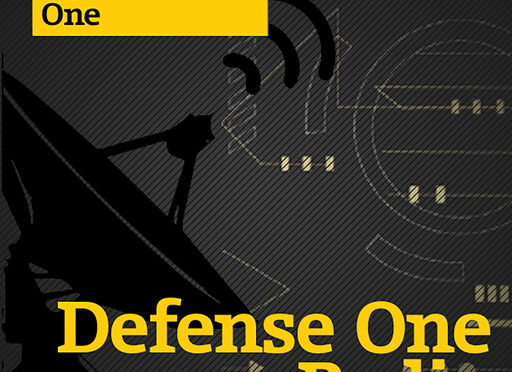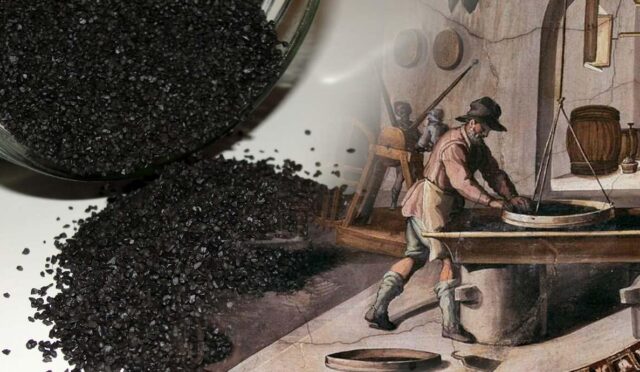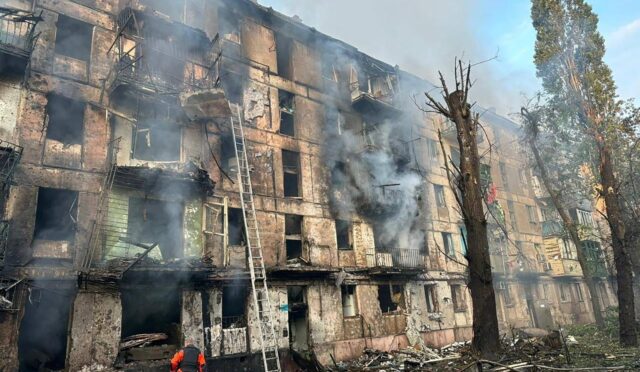Rafale Fighter Jets: India’s Strategic Military Upgrade
India has officially signed a contract to acquire 26 Rafale fighter jets from France, as announced by New Delhi’s Ministry of Defense this past Monday. This significant multi-billion-dollar deal will include a combination of single-seater and twin-seater versions of the aircraft. Once these jets are delivered, they will enhance the existing fleet of 36 French-manufactured Rafale fighters that India had previously obtained, marking a robust step in the nation’s quest to swiftly modernize its military capabilities.
The inter-governmental agreement between India and France, as detailed by the Ministry of Defense, reflects a strategic effort to bolster the Indian Air Force. The Rafale jets, produced by Dassault Aviation, are set to operate from Indian-designed aircraft carriers, taking over the role currently held by Russian MiG-29K jets. The contract also encompasses training support, simulators, related equipment, weapons, and logistics, thereby ensuring comprehensive integration and operational readiness.
A Shift Towards Western Partnerships
The Indian government’s decision to procure these additional Rafales was first hinted at during Prime Minister Narendra Modi’s visit to France for the Bastille Day celebrations in 2023. Historically, India has maintained a close relationship with Russia for military supplies, but over recent years, there has been a noticeable shift toward diversifying its defense procurements. This includes an increase in purchases from France, the United States, and Israel, signaling a broader strategy to modernize its armed forces.
Dassault has emphasized that the Rafale aircraft will equip India with cutting-edge capabilities, thereby enhancing the country’s ability to safeguard its national sovereignty and bolster its position on the global stage. Notably, India’s Navy will be the first force to utilize the Rafale Marine variant outside France, showcasing a milestone in defense collaboration.
Rising Tensions with Pakistan
The agreement for the Rafale jets comes at a time of heightened tensions between India and Pakistan, particularly following a serious attack that claimed 26 lives in Indian-administered Kashmir in April. New Delhi has accused Islamabad of harboring those responsible for these acts of violence, while Pakistan has denied such allegations. In the aftermath of this incident, both countries have engaged in military exchanges and diplomatic spats, prompting concerns among analysts that such crises could lead to armed conflict.
The ongoing conflict underscores the urgency of India’s military modernization initiatives. The previous deal for 36 Rafale aircraft, sealed in 2016, was valued at approximately $9.4 billion and reflects India’s commitment to reinforcing its defense posture amid escalating regional threats.
India’s Position in the Global Arms Market
India, being the world’s most populous country and the fifth-largest economy, has emerged as a crucial player in the global arms market. Recent data from the Stockholm International Peace Research Institute (SIPRI) indicates that India has become the largest arms importer globally, with its defense procurement increasingly accounting for nearly 10 percent of all international military imports between 2019 and 2023.
India’s defense strategy is further influenced by its northern neighbor, China, particularly after a deadly clash between troops in 2020. This has prompted a wave of reforms aimed at securing new defense contracts from abroad while also simplifying domestic manufacturing laws. This decade has seen India establish a state-of-the-art helicopter factory, introduce its first homegrown aircraft carrier, and successfully conduct advanced missile tests, which are all part of a concerted effort to enhance its military readiness. Additionally, India is developing a burgeoning arms export market, with a reported value of $2.63 billion last year, highlighting a significant increase over the past ten years.
Strengthening Alliances with Western Nations
In recent years, India has intensified defense collaborations with Western countries, exemplified by its participation in the Quad alliance with the United States, Japan, and Australia. This strategic partnership not only aims to address regional security challenges but also symbolizes a broader shift in India’s defense policy towards Western engagement.
The acquisition of Rafale jets is a pivotal part of this evolving defense landscape, highlighting India’s proactive stance in strengthening its military capabilities in alignment with global partners. As geopolitical dynamics shift, India’s commitment to modernizing its armed forces and fostering strategic alliances will define its role on the international stage.







